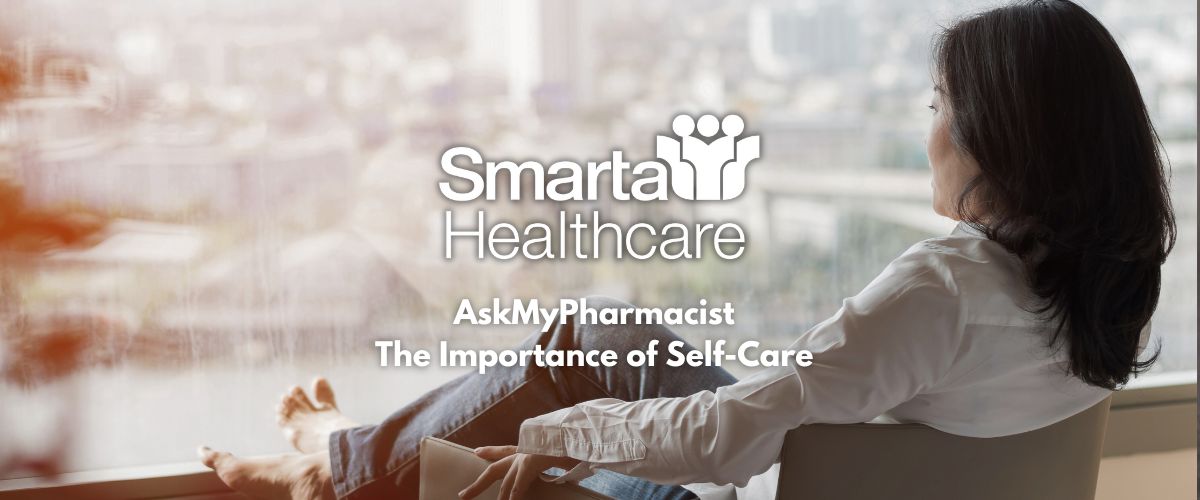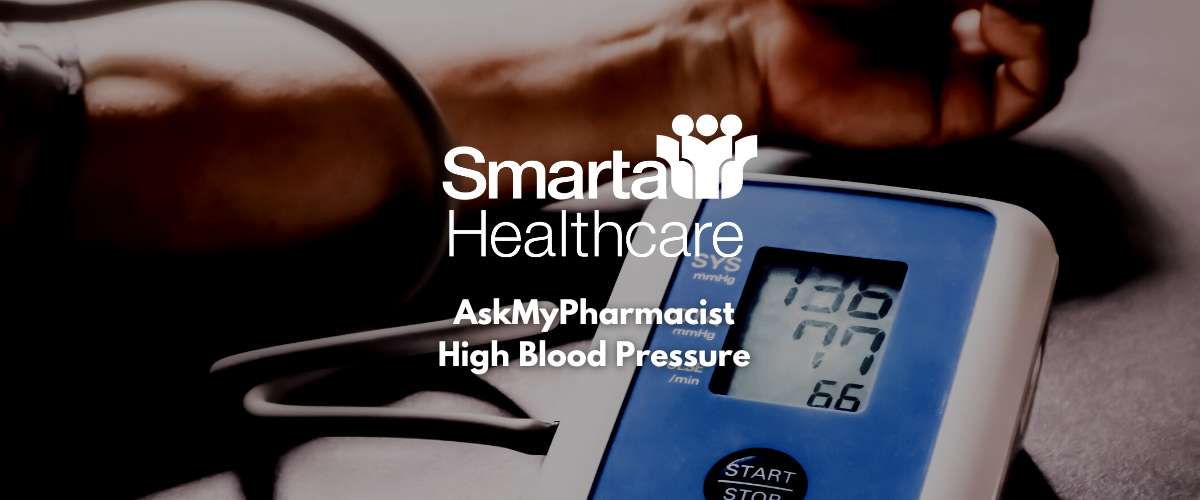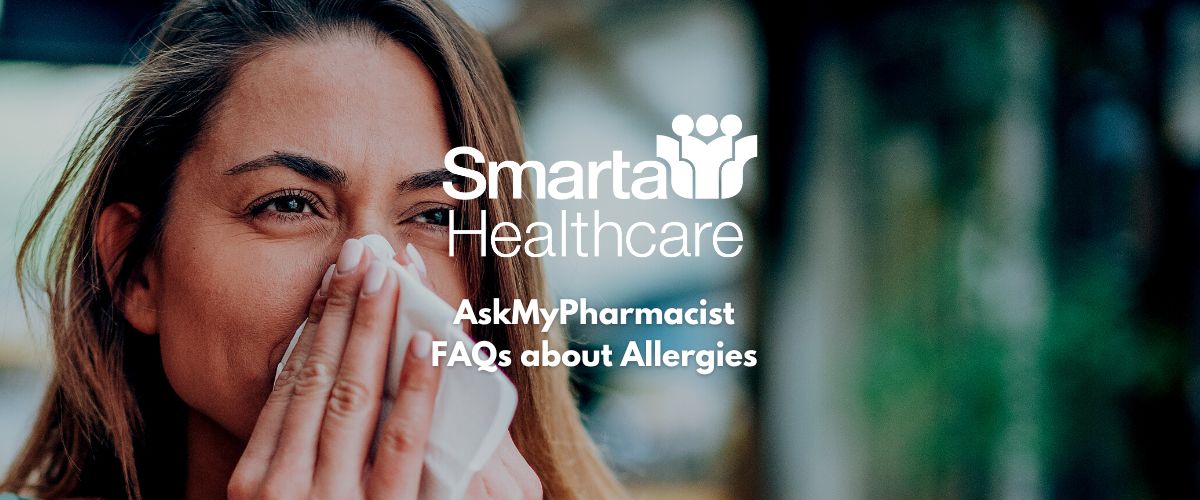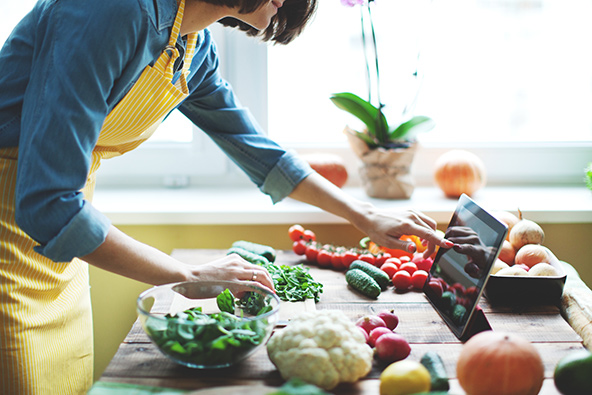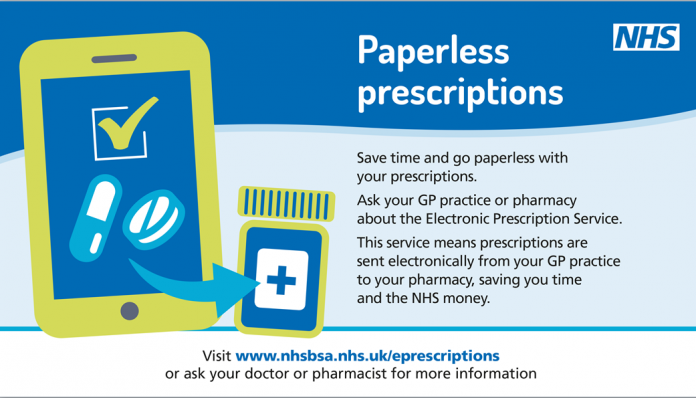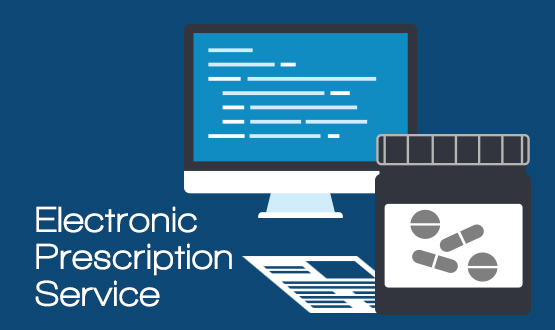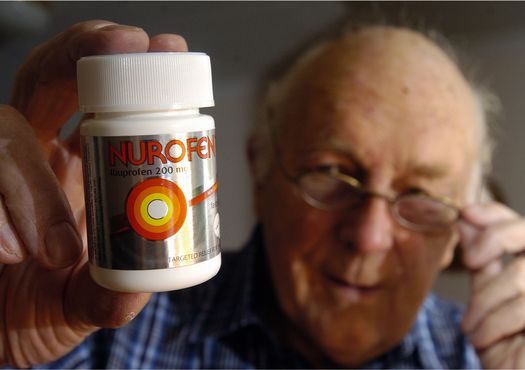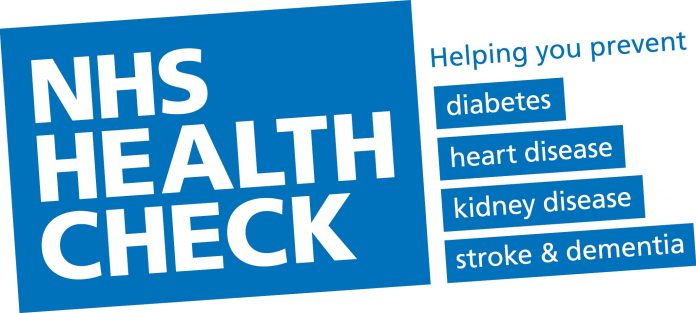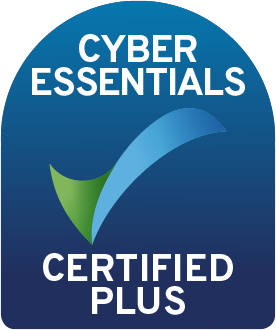The flu season is back, are you protected
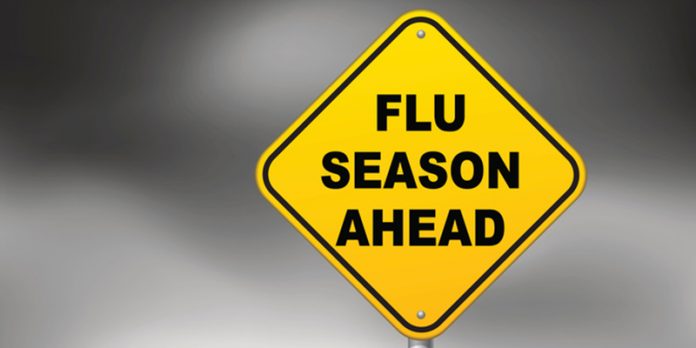
It’s that time of year again when we start to feel the effects of the fading sun and the lower temperatures, when the incessant sniffles and colds seem impossible to avoid. By eating a well-balanced diet, taking regular sleep and exercise, we can give our challenged immune systems a fighting chance to avoid the minor winter bugs and germs. However, flu, otherwise known as influenza, can be very serious indeed and here we give you facts about the dreaded flu virus and how to protect yourself and your loved ones.
Flu facts & symptoms
Flu is not the same as the common cold and is caused by a different group of viruses spread through the air. Symptoms can last for up to several weeks, often leaving us bed bound and unable to work or carry out normal day-to-day activities. Outbreaks usually happen in late autumn and winter, often last up to a week or so and can sometimes clear up quickly if we are healthy and strong immune system.
The virus is contagious and generally passed by touching contaminated surfaces or through coughing and sneezing, so good hygiene can go a long way to reduce the risks of getting flu. Of course, it’s harder to avoid when we leave our homes but there are simple measures we can take to reduce the risk of getting the flu virus such as carrying antibacterial hand wash or wipes (we always recommend biodegradable wipes now widely available).
Unfortunately, flu can be extremely dangerous and sometimes life threatening for those people as ‘at risk’ of developing complications. Every year this group are eligible for a free NHS flu vaccination preventing more serious illness or hospitalisation from contracting the threatening virus:
- anyone aged 65 and over
- pregnant women
- children and adults with an underlying health condition (such as long-term respiratory disease)
- children and adults with weakened immune systems
If you work in care, you’re also likely to qualify for the free flu vaccine and this is seen as essential in the healthcare industry to reduce the risk of the spread of flu to the elderly and vulnerable.
About the flu vaccine
‘Public Health England’ estimates the flu vaccination leads to 30,000 fewer GP appointments, 2,000 less hospitalised and 700 less deaths.
The good news is the vaccination can stop the virus in its tracks and help to avoid contamination at home or at work and generally within communities. It is proven to be the single best way to protect against catching or spreading this unpredictable virus, although it won’t stop all flu viruses and protection is not 100% guaranteed. Although, the NHS say the symptoms of flu will be much milder and short lived if you do contract the flu virus after vaccination. There are also other health benefits from the flu vaccine mentioned on the NHS website.
The vaccination is quick and easy. Children aged between 2 and 17 are given a nasal spray, whilst adults must have a quick injection in the upper arm. Babies under 2 years old are also given an injection as the nasal spray is not licenced for under 2-year olds. If you have your flu vaccine at a Pharmacy, you do not have to inform your GP, the Pharmacist will do this on your behalf so your records are kept up-to-date.
Some of us might worry about the potential side effects of vaccinations. The NHS say that serious side effects from the flu vaccine are very rare and the national programme has a good safety record. Minor side effects are more common such as a mild fever, aching muscles or a runny nose.
You can find more information on the flu vaccine on the NHS website: https://www.nhs.uk/conditions/vaccinations/flu-influenza-vaccine/
If you’re unsure about the best option for you or your family, contact our team of Pharmacist and Healthcare professionals on 01234 831 768.
How and when to get the flu vaccine?
The best time to get the flu vaccine is in late Autumn during October and November. However, you can still do this in later Winter and can go to a local Pharmacy or your GP.
If you’re unsure if you’re eligible for an NHS funded flu vaccination or you need general advice, you can call our confidential pharmacy help line on 01234 831768. We offer a free home vaccination service for people that are housebound or struggle to attend appointments away from the home. We are a small and friendly healthcare team and here to help. Appointments can also be made by family members on behalf of their loved ones.
If you would like to book your NHS or private flu vaccination with us, you can do it here online: www.smartahealthcare.co.uk or call our pharmacy help line.
Natural ways to give your immune system a boost
There are many ways we can avoid sickness and boost our immune system through the winter months. What we eat and how we care for ourselves can have a big impact on our day-to-day health and wellbeing. Food is such a key part of keeping a healthy immune system and fresh is always best.
It’s simple really, think back to our ancestors and how they would eat from the land. These basic principles can be taken into modern life today. Fresh food is much richer in nutrients, vitamins and minerals whereas, in stark contrast, processed food is depleted of natural goodness through processing and often added with unnatural preservatives.
To boost health, nutritionists recommend a well-balanced diet of good quality proteins, carbohydrates and fruit and vegetables, and to ensure healthy unsaturated fats are introduced to your daily diet, such as unsaturated oils, such as rapeseed or olive oil.
A good website for nutritional guidance and information is the British Nutrition Foundation: https://www.nutrition.org.uk/



